After months of delays, mental health response teams will begin responding to 911 calls in Minneapolis on Nov. 29.
Following a unanimous City Council vote, the city signed a two-year, $6 million contract with Canopy Mental Health and Consulting. The initial plan was to begin sending two-person teams to respond to mental health 911 calls in August.
Almost four months later, and not a single team from the program has been sent out.
“It’s very frustrating,” Ward 3 City Council member Steve Fletcher said. “We’re in a place where we have the vendor identified, we have the details of the program worked out and we’re running into procedural hurdle after procedural hurdle, that frankly, seems intentional.”
Fletcher said the process was delayed because the Minneapolis Police Department (MPD) did not perform background checks for the mental health staff.
The Minneapolis Police Department directed the Minnesota Daily’s requests for comment to the City of Minneapolis.
Sarah McKenzie, the city media relations coordinator, said there are always complications when launching new programs.
“The Office of Performance & Innovation and MPD have been working together on this initiative since 2019 and the background checks are a complication that we have overcome just like other things,” McKenzie said.
Brian Smith, director of the Office of Performance and Innovation for the city, said the Bureau of Criminal Apprehension was able to take over the responsibilities that MPD usually would have handled, including background checks.
“Every time we thought we were one step closer, we’d find out there were five more things to do,” Smith said. “It’s a matter of making sure that we got it right. It’s not a delay of any incompetence. Politics, yes, but not incompetence.”
Smith explained that some delays occurred because of new training for 911 operators and dispatchers. Smith said he received certification to handle new mental health calls through a three-day training that was eight hours per day.
“There’s so much that goes into this that people don’t understand,” Smith said. “It’s not a matter of just finding qualified candidates, throwing them in vans and saying, ‘Let them do what they do.’”
Smith said that he was happy that the program will begin Nov. 29, though he wishes it could have started sooner.
Michelle Phelps, a sociology professor at the University of Minnesota, specializes in criminal justice and sociology of punishment. She said she is cautiously excited about the Mobile Behavioral Health Response Teams.
“People that are in a mental health crisis are disproportionately likely to be the victims of legal police violence because they systematically are unable to respond to police commands, which is something that police perceive as a threat,” Phelps said. “On the other hand, in a country where many people are armed, this distinction between a potentially violent encounter and not potentially violent encounter is a little bit murky.”
Phelps said research supports the fact that alternative policing programs can help the prevention of crime and the response to crises. However, there is little research on whether a model of sending only mental health professionals to a call will be successful, so officials will learn more once the program begins.
“It’s one of the most positively received ideas,” Fletcher said. “When we talk to people, even people that are skeptical about the extent of the change to public safety that a lot of people are calling for, they totally support the idea of responding to mental health calls with mental health professionals.”










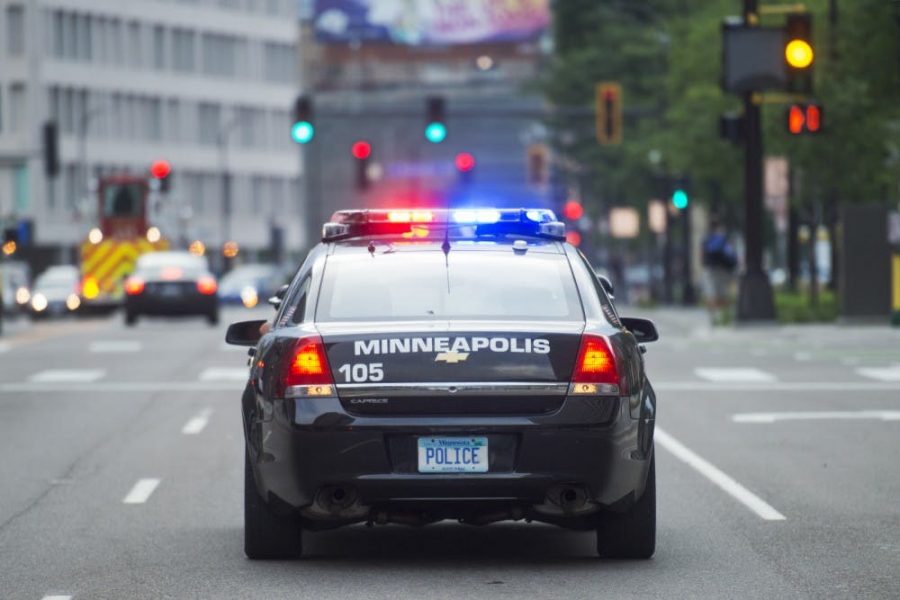









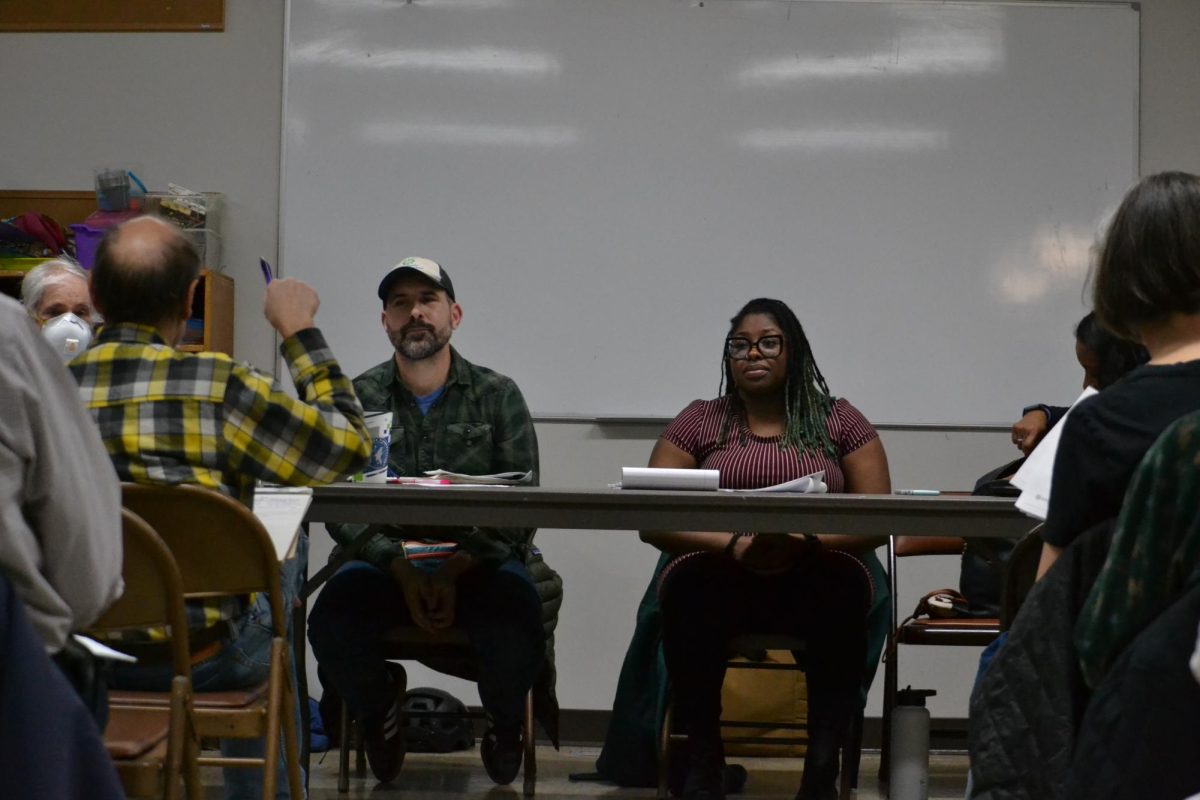
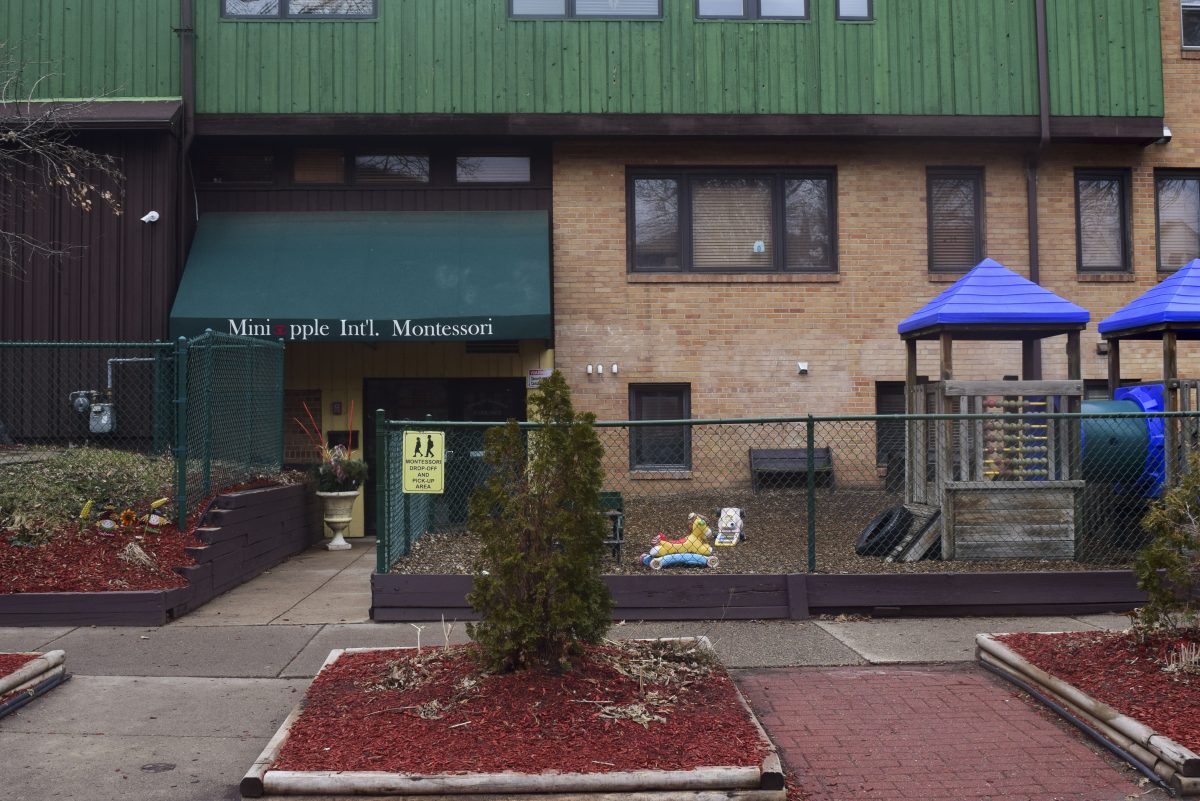
![Gwyn, Macy, Daniel, and Nora [pictured left to right] brave the sub-zero windchill on an icy afternoon to skate together in Van Cleve park. The park, located just north of Dinkytown in Como, becomes a popular winter activity hub for students and nearby residents each year when the park’s fields are frozen to create a public ice skating rink.](https://mndaily.com/wp-content/uploads/2024/01/FzDx2ZjdXLtO33r1j1atrf7jrtQtocs9vnp8k2AT-2-1200x801.jpeg)


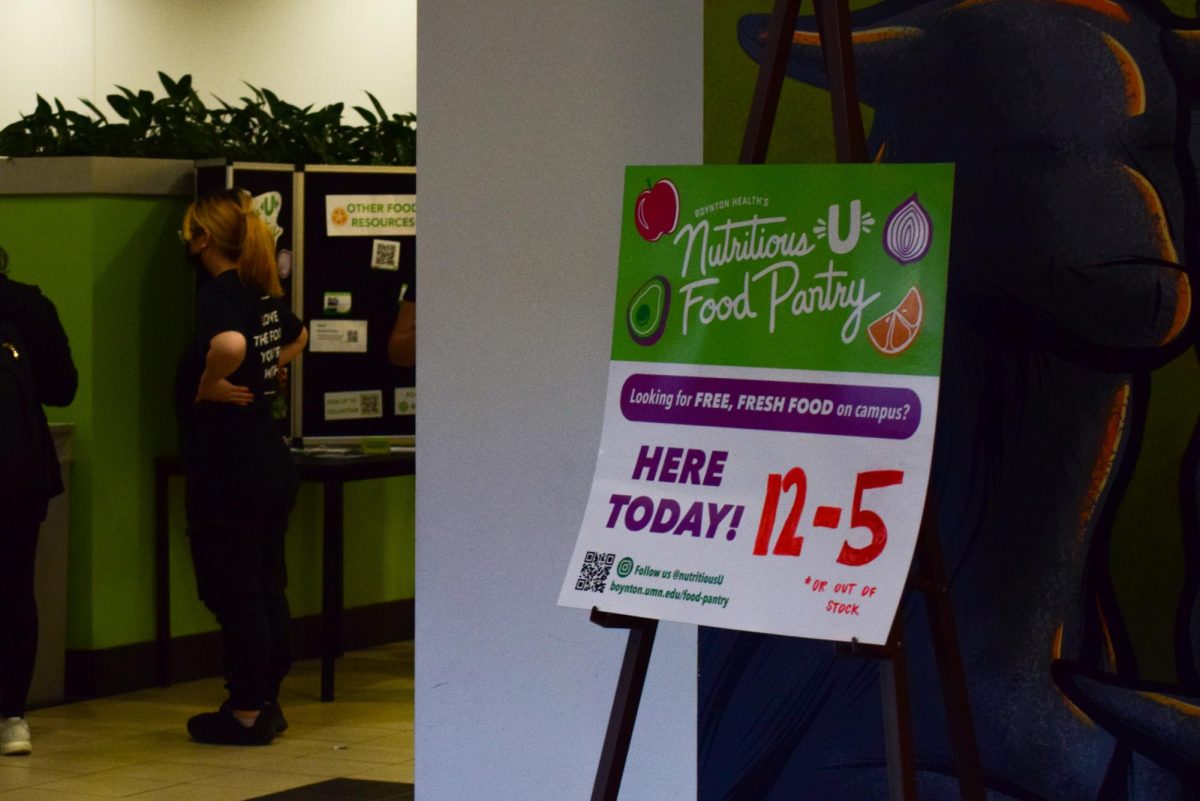
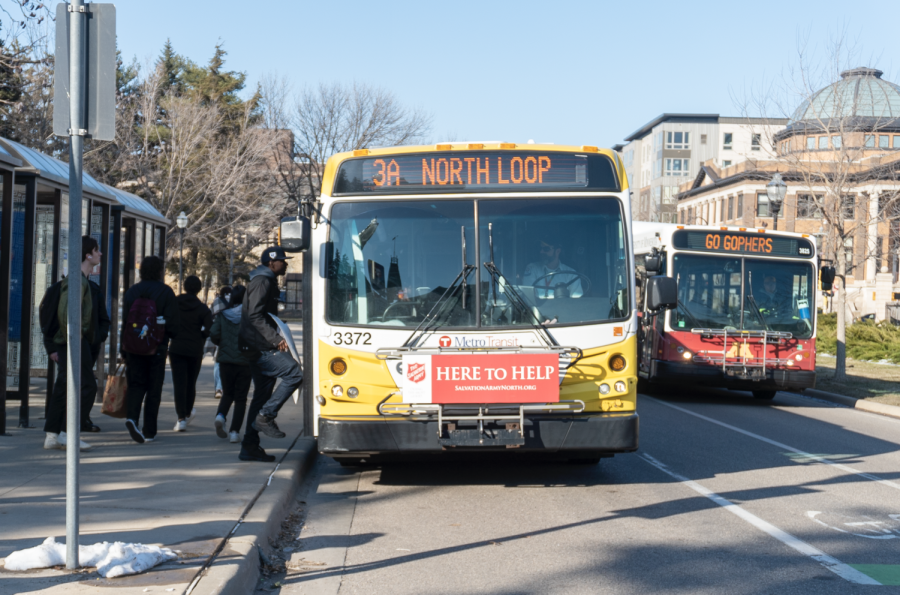
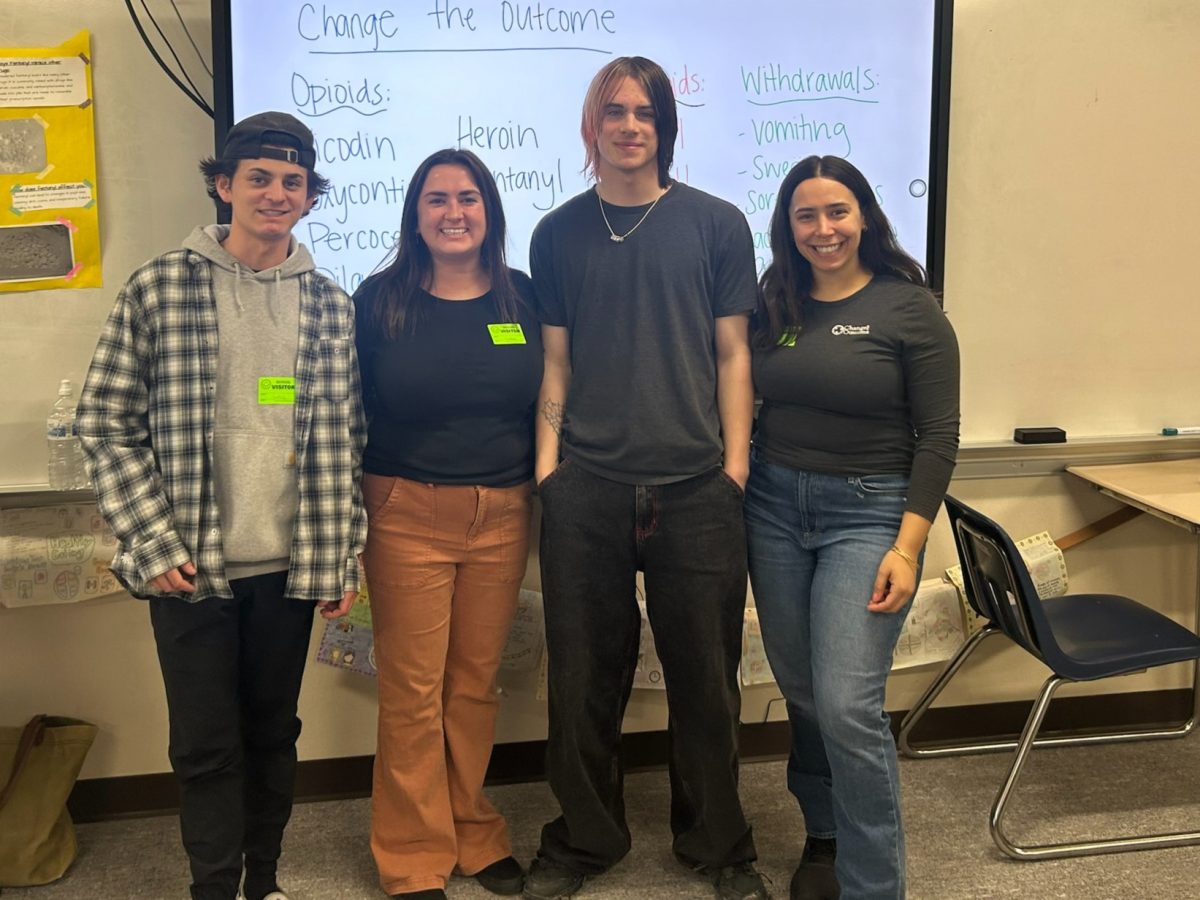
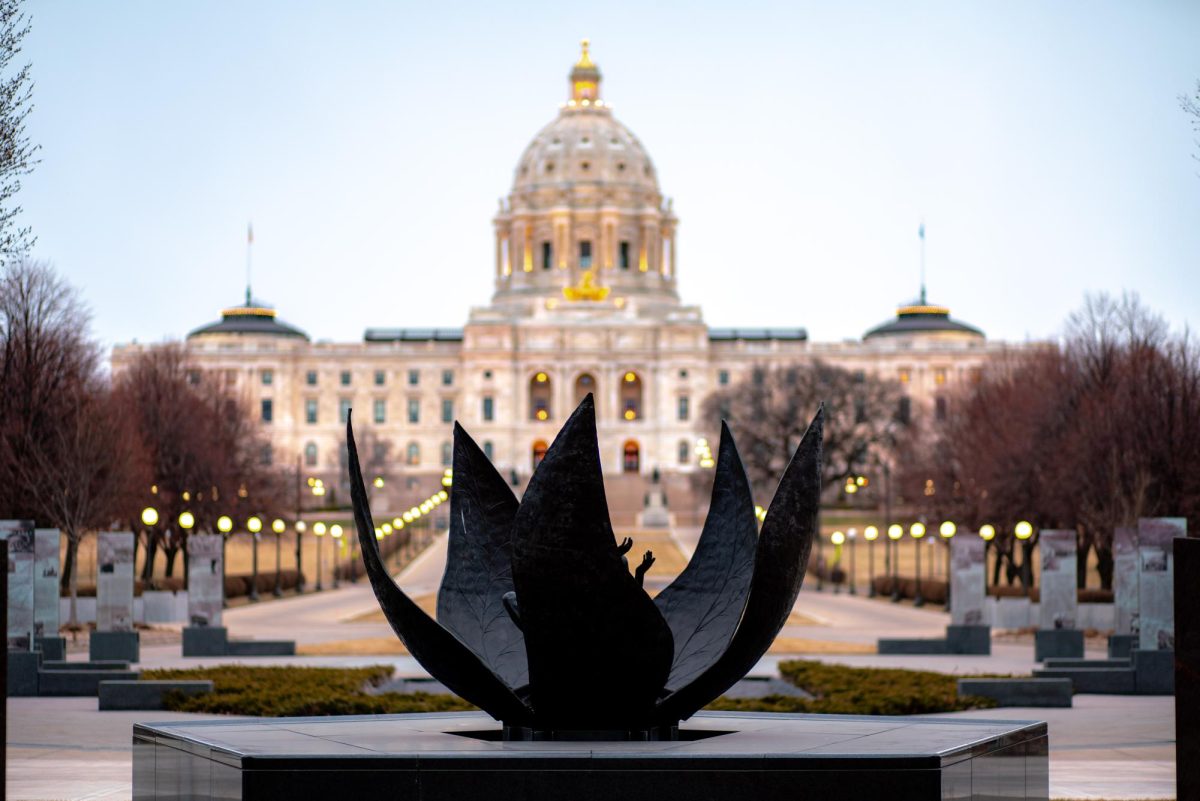

Meat Eater
Nov 29, 2021 at 6:46 pm
“However, there is little research on whether a
model of sending only mental health professionals to a call will be
successful, so officials will learn more once the program begins.”
LOL, on our way to the Liberal Utopia
take one step forward, and two steps back